By Leah Falcon, Kaylin Kotzee and Zandri van Greunen
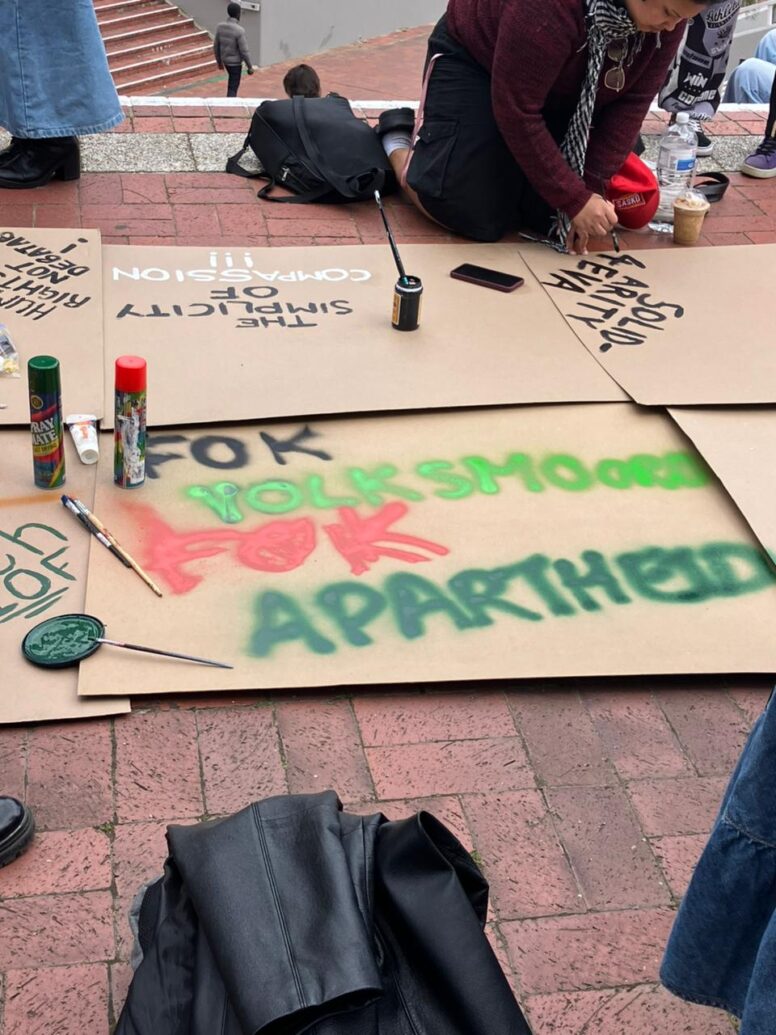
7 October marks the second year of the current phase of the Israel-Palestine war, which forms part of a broader history of unrest that extends well before 1948. Student Action 4 Palestine (SA4P) held peaceful gatherings on the Rooiplein from 7-10 October to raise awareness of the humanitarian crisis in Gaza. The following morning, Israeli flags, Jewish symbols, and a poster with a yellow ribbon reading,“Never forget 7 October” appeared on the Rooiplein anonymously, without the approval of the Student Representative Council (SRC).
A video posted on SA4P’s Instagram page (@studentaction_4_palestine) shows an activist who requested a campus security official to remove the flags and posters. SA4P confirmed that the Israeli flags and posters were taken down by campus security after SRC members intervened. The incident prompted strong reactions from students, with some expressing anger and frustration over the ongoing violence, while others expressed grief over the suffering in Gaza. This reflected broader tensions and differing perspectives on campus regarding Israel-Palestine. University management has not yet released an official statement regarding the display or its removal.
Events
On 7 October, SA4P set up a space on the Rooiplein where students could reflect on the humanitarian crisis in Gaza. The group spoke as a collective to Die Matie journalists about the ongoing impact of the Israel-Palestine genocide in Gaza. “Our intention was to create a calm environment where people could write, reflect, and discuss without fear,” said SA4P.
A large banner displaying the words, “Apartheid is a breeding ground for genocide”, alongside a Palestinian flag were visible on the Rooiplein. SA4P members also painted messages on cardboard to express solidarity with civilians affected by the war. The group emphasised that the gathering was peaceful and organised with the safety of attendees in mind. “We made sure the gathering was visible but non-disruptive, and everyone was encouraged to follow campus rules while participating,” SA4P added. After the gathering concluded, SA4P took down both their own banner and the Palestinian flag, stating that this was in line with their commitment to maintaining a respectful environment and adhering to the Student Constitution and Protocols for Mass Gatherings.
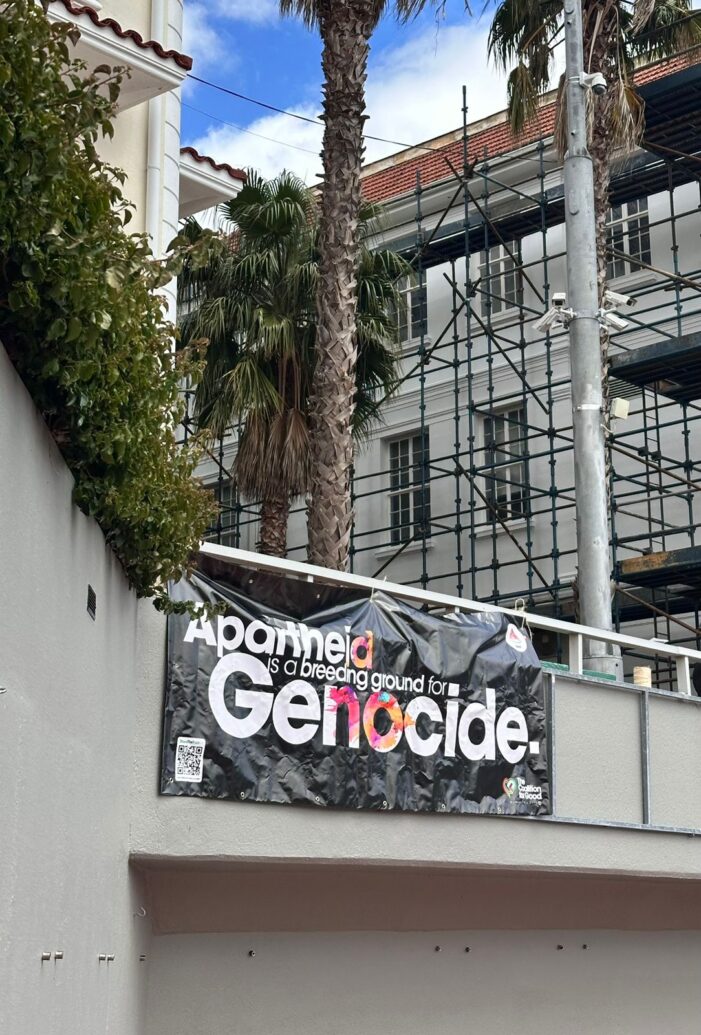
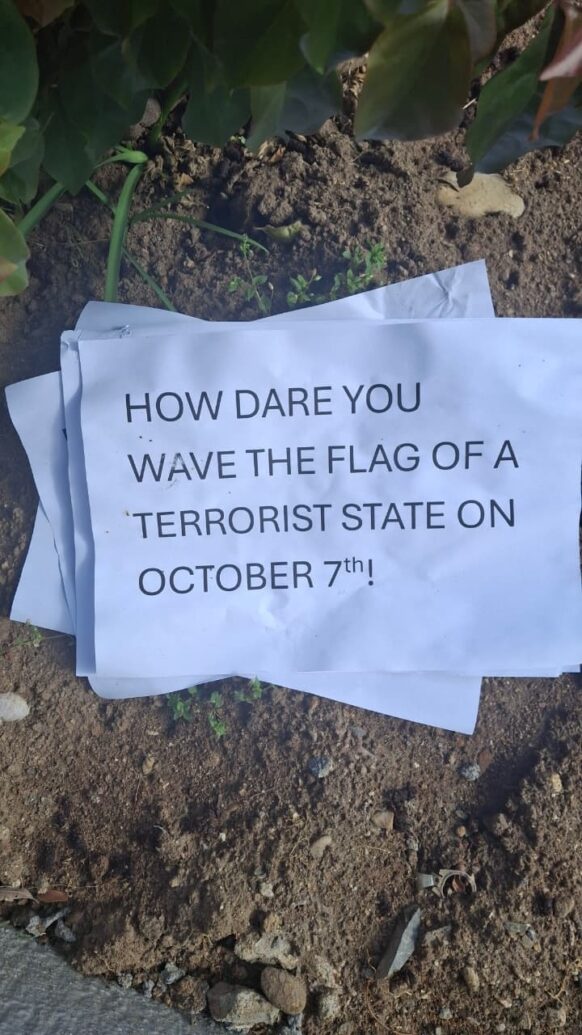
The following morning, emblems in support of Israel were spotted on the Rooiplein at 08:00. The Israeli flag was displayed alongside messages calling Palestine a “terrorist state” and saying, “We stand with Israel.” These items were put up anonymously and without SRC approval, which is required for all signs and posters on campus. According to the Stellenbosch University Poster Stamping Protocol, provided to Die Matie by Student Governance, posters must adhere to guidelines that prohibit “racist, sexist, sexual, dehumanising, derogatory, homophobic, religious persecution, hate speech, etc.”. The display appeared to violate the university’s poster regulations, regarding stamping, but remained in place until 10:32, before campus security took it down.
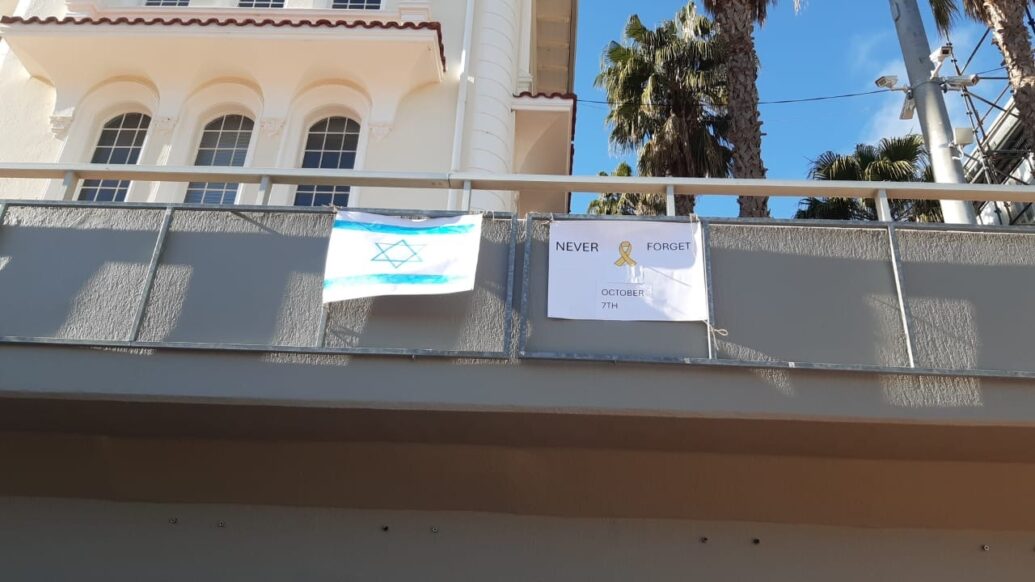
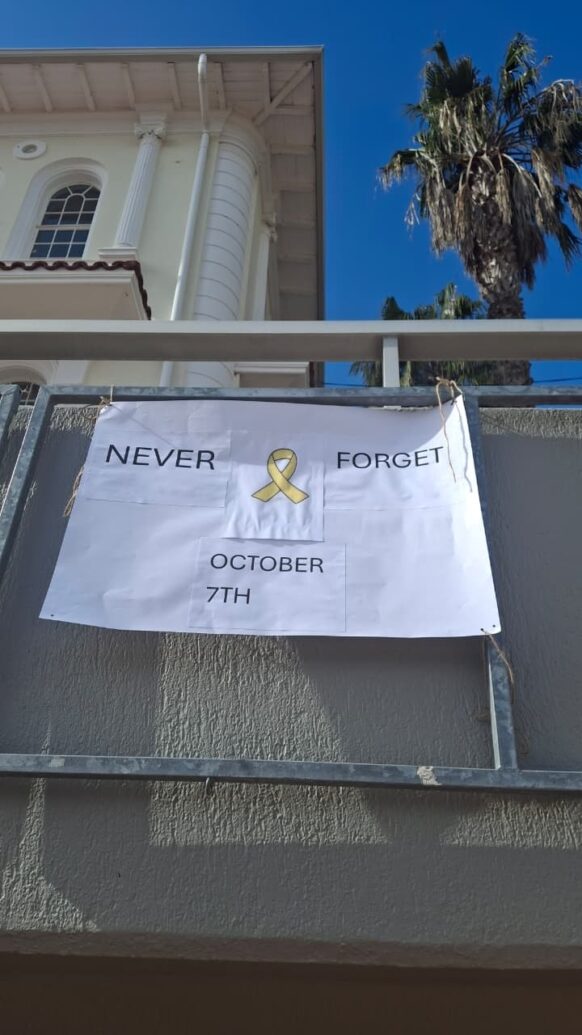
Campus Security
SA4P contacted campus security to request the removal of the flags and posters, saying, “The flags made us feel unsafe.” SA4P added that complaints about the display from students not involved in the SA4P demonstrations, were initially ignored.
On 8 October, SA4P posted a video on their Instagram page, in which activists were speaking to campus security about the removal of the Israeli flags and posters. One of the activists asked a campus security guard to maintain distance and lower his voice, while campus security repeatedly told them to leave, saying, “You are barking up the wrong tree.” The caption of SA4P’s post read, “@stellenboschuni [T]his is exactly what happens when you do not condemn a genocide and apartheid. Students feel comfortable to put up a flag that represents an apartheid state, butchering human beings. Further, when asked for assistance we are met with shouting and told to ‘get out’.” After formal intervention by the SRC, campus security removed the Israeli flags and posters.
Tertia Kruger, Director of Communication at Stellenbosch University (SU), confirmed to Die Matie that the matter is under investigation. She was responding on behalf of Martin Viljoen, media manager of the university who was on leave at the time. In her response, Kruger emphasised the university’s commitment to human rights, academic freedom, and freedom of expression and that “All academic discourse at SU takes place within the framework of the values of the university, namely excellence, compassion, accountability, respect, and equity.” However, SU has not publicly addressed this matter yet.
Kruger reiterated that SU condemns any form of violence affecting innocent lives and remains committed to providing an inclusive space for constructive debate. Kruger also noted that the resolution to call for a ceasefire in Gaza was not accepted by the university Senate, the institution’s highest academic body, during a special meeting on 30 April 2024. The vote showed 80 in favour, 101 against, and 18 abstentions, meaning that, ultimately, the Senate did not support adopting the resolution as an official institutional stance. Despite this, Kruger stated that SU continues to uphold platforms for diverse viewpoints while safeguarding academic freedom and institutional autonomy.
Rules regarding protest
SU’s commitment to provide spaces in which students and staff can express a diversity of viewpoints and to further the freedom of expression is seen in its Student Constitution, as well as its Protocols for Mass Gatherings. These documents reiterate the right to demonstrate, enshrined in the South African Constitution, stating that “everyone has the right, peacefully and unarmed, to assemble, demonstrate, to picket and to present petitions” in addition to the rights to expression and free speech. These documents, as well as legislation such as the Regulation of Gatherings Act, also enforce procedural requirements, such as stamping posters, for bodies to organise demonstrations and display posters and flags.
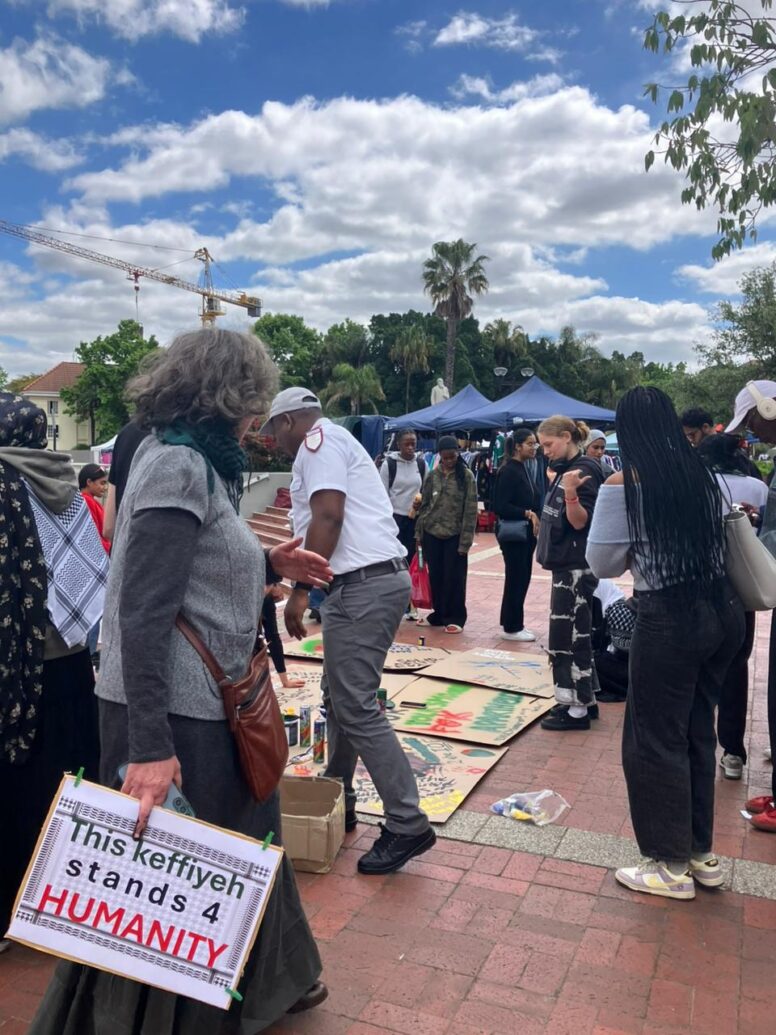
The tension between pro-Israel and pro-Palestine groups on the Stellenbosch campus surfaces the balancing of freedom of expression and freedom from discrimination and hate speech. This weighing of rights is occurring worldwide in relation to this genocide and has been commented on by legal experts such as South African advocate Mark Oppenheimer and American attorney Marc Stern. Hate speech is defined by the United Nations (UN) as any communication (such as words, symbols or behaviour) that promotes hatred against people based on grounds such as race, religion and belief. In this case, the rights of both groups to demonstrate and to be protected from hate speech are protected in terms of the Constitution and SU protocols.
Understanding the Israel-Palestine Genocide
7 October marked two years since the eruption of the deep-rooted tensions between Palestine and Israel when Hamas launched a large-scale attack on Israel. This included armed militants crossing the border, with Hamas claiming to have launched 5000 rockets while the IDF states that 2500 rockets were fired. The UN reported that this resulted in the deaths of more than 1 000 people in Israel as well as the abduction of 251 hostages. Israel responded with airstrikes, as well as a ground offensive with the aim of dismantling Hamas and their military efforts.
The crisis in Gaza has escalated into one of the most destructive events in recent decades with a severe humanitarian crisis emerging and the Palestinian Ministry of Health reporting 67 869 Palestinian deaths as of 15 October this year. Widespread destruction, civilian deaths, and mass displacement have drawn international attention and condemnation. International organisations, such as the World Health Organisation, have classified the conditions in Palestine as a famine. Human rights organisations and observers have described aspects of Israel’s military campaign as disproportionately affecting civilians. Protests, including social media campaigns and mass demonstrations, have erupted around the world highlighting the human cost of the genocide.
The commemoration of 7 October has reignited conversations about the legality and ethics of military activities in Gaza as well how it has affected the people of Israel and Palestine.
Plan for Peace
As of the publication of this article (16 October) and following intensive international negotiations, a ceasefire deal has now taken effect between Israel and Hamas. Natan Sachs, a senior fellow in the Foreign Policy Programme at Brookings explained that from 13 October, Hamas began releasing the 20 remaining Israeli hostages. The ceasefire agreement still requires the return of the remains of 28 deceased hostages. In exchange, Israel has begun releasing over 1 900 Palestinian detainees, including women and minors. The ceasefire has allowed limited humanitarian aid to enter Gaza, with trucks carrying food, water, and medical supplies still awaiting entry at newly opened corridors.
However, the situation in Gaza remains dire: large parts of Gaza lie in ruins, food insecurity remains, the majority of the population is displaced and access to clean water, electricity and healthcare remains critically low. While the truce offers a vital pause after months of devastating violence, it remains fragile.
*On 18 October 2025 the following changes were made to this article by Die Matie:
- Under the heading ‘Understanding the Israel-Palestine Genocide’, the word ‘conflict’ was changed to ‘genocide’.
- The word ‘conflict’ was changed to ‘genocide’ in the headline and photos were added.
- In the second paragraph, ‘war’ was changed to ‘violence’.
- Under the heading ‘Events’, the word ‘conflict’ was changed to ‘genocide in Gaza’.
- Under the heading ‘Rules regarding protest’, the word ‘conflict’ was changed to ‘genocide’.
- Under the heading ‘Plan for peace’, the word ‘war’ was changed to ‘violence’.
- The heading ‘Understanding the Israel-Palestine Conflict’ was changed to ‘Understanding the Israel-Palestine Genocide’.


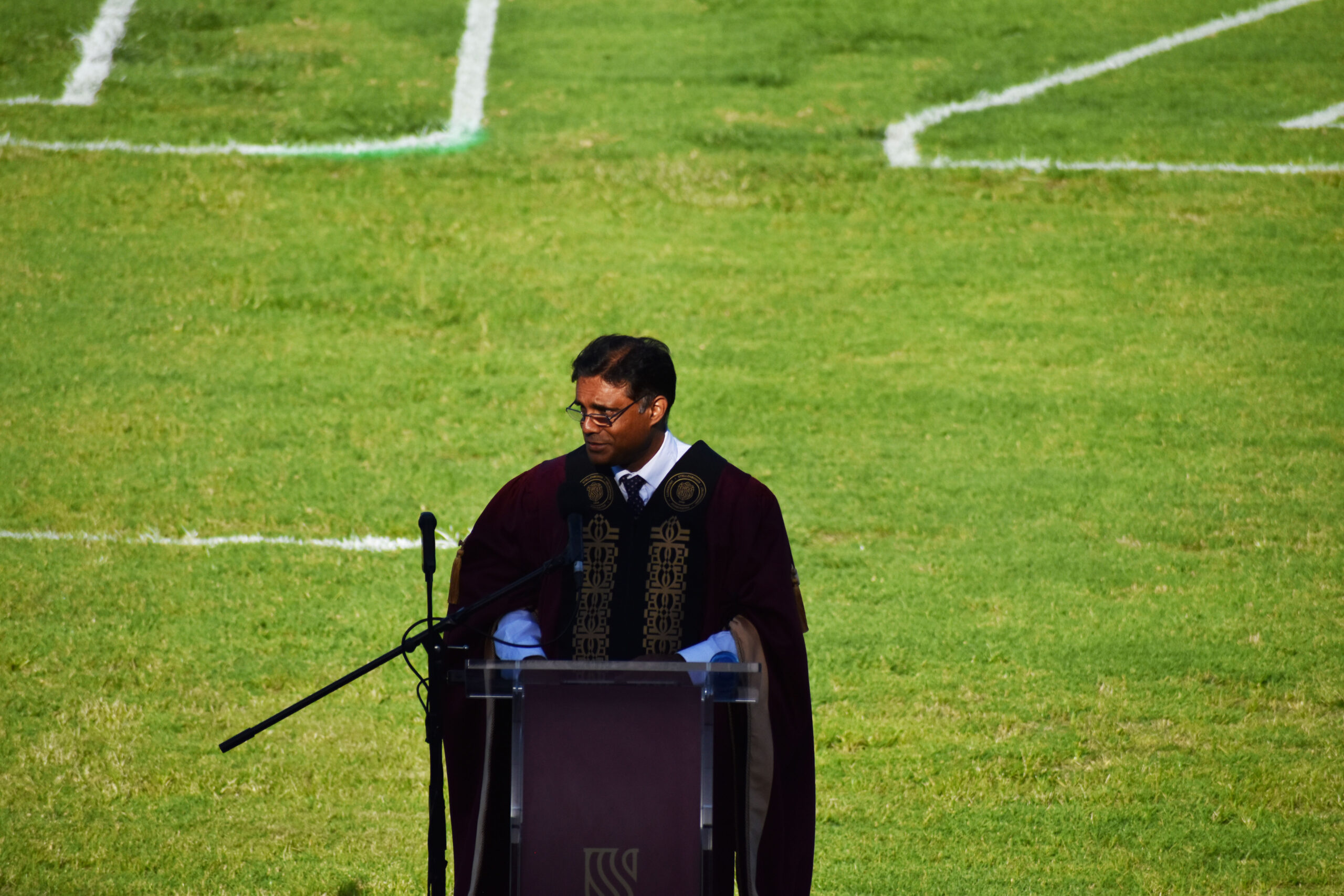
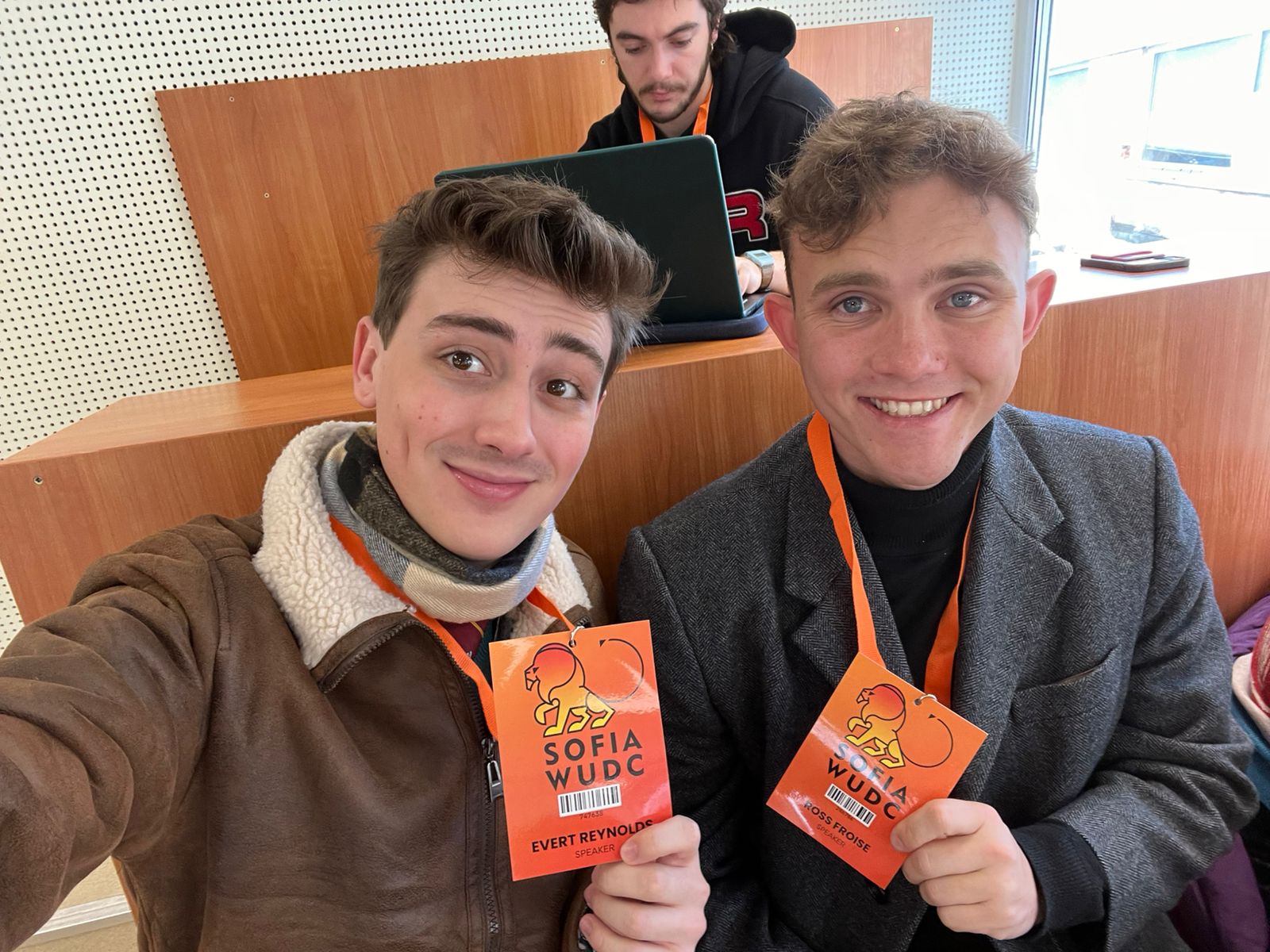
This Die Matie piece is truly *excellent*! Its fascinating to witness the *compassionate* debate unfolding on the Rooiplein, reminding us that even the *accountable* display of a flag can spark intense discussion. The universitys *equity* commitment is clearly under strain, though perhaps *respect* for diverse viewpoints extends even to those *derogatory* posters? The *creative* solution of campus security shouting You are barking up the wrong tree is particularly *insightful*. Its a *thought-provoking* reminder that *academic freedom* and *free expression* must operate within the framework of *human rights*, even if *get out* seems like the easiest *protocol*. All in all, a *stimulating* read that perfectly encapsulates the *chaotic* yet *constructive* nature of campus life.
🔔 Quản lý deadline dễ dàng với Đồng hồ đếm ngược: preset 5/10/25 phút, chuông nhẹ, phù hợp lớp học, phòng thi, Pomodoro.
🧭 Một công cụ cho mọi nhu cầu: đồng hồ bấm giờ đếm ngược kết hợp stopwatch + countdown, có lưu cấu hình cho lần sau.
⚖️ Legal and HR teams benefit from watermark ai audits that flag machine-like burst patterns for human review, then safely strip only formatting noise (never meaning); export signed summaries with timestamped diffs and reviewer notes; the process supports defensible documentation without promising “undetectability,” focusing instead on readability, traceability, and standards compliance for contracts, policies, and candidate communications.
🎲 Keep choices fair using a lightweight random quay—no installs, mobile-friendly, perfect for classrooms and streams.
Thỏa sức lưu xu hướng bằng tải video TikTok—có/không watermark, hỗ trợ caption.
🌟 Play free with quick loads on Football Bros — try basketball stars today, with football bros unblocked games so you can jump in anywhere, anytime.
🔥 Team up in Fireboy And Watergirl—switch puzzles and hazard timing with seamless, classroom-safe unblocked access; all temples with 3 stars? Screenshot or it didn’t happen.
🛠️ Centralisez votre workflow avec un véritable outil d’humanisation: humaniser un texte ia, corriger le ton du texte, style naturel du texte, contenu humain et texte indétectable par ia pour toutes vos plateformes.
🧊 Preserve transparency and razor-sharp UI elements for docs, dashboards, and sprites; logos and screenshots stay readable on high-DPI screens; with compress png you can pair workflows like PNG compress to 100KB, PNG compress for ecommerce images, and PNG compress transparent background to keep bundles light and interfaces responsive.